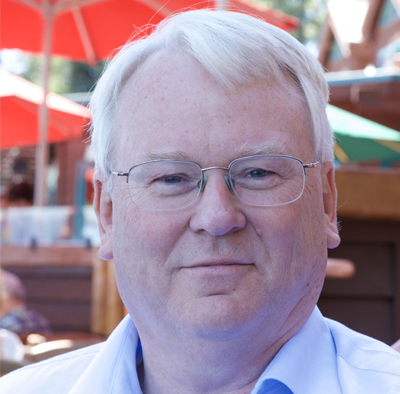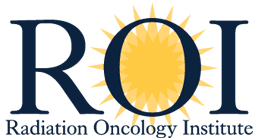Tim Guertin

Please tell us how you got involved with the Radiation Oncology Institute (ROI).
I was approached by Colleen Lawton and Ted Lawrence many years ago when I was CEO of Varian to provide $2 million in initial funding for the proposed ROI. I agreed, and Varian provided $500,000 per year for four years. Later, I joined the Board of Trustees and continued to make personal contributions.
What is your role at Varian?
I was CEO from 2005 until late 2012. I remained on the board for a total 15 years until February of this year (2020). I am now a ‘private citizen’, fully retired from Varian.
How do you envision the future of the field of radiation oncology? In what ways would you like to see it grow/evolve?
I believe radiation oncology can be utilized effectively for many more clinical indications, both in oncology and elsewhere. Plus, I think we can improve outcomes and reduce toxicity for existing indications through improved conformality, perhaps combined with dose escalation. In that vein, I am hoping that FLASH technology will prove itself, and I have a growing enthusiasm for microspheres as well. I also believe that for some disease sites, hypofractionation and related outcomes data will encourage more patients to choose radiation over more invasive therapies. And by improving throughput and efficiency, I think radiation oncology is both clinically more efficacious and more cost efficient than other therapies. New techniques, technologies, treatment planning and QA techniques, clinical evidence, and advocacy will be needed to accomplish all these goals. I also believe radiation oncology is greatly underutilized in most low and middle resource countries, and that the work we are doing can benefit cancer patients throughout the world.
What has prompted your generosity to the Radiation Oncology Institute?
I have had a long association with the ROI since its founding. As you can see from my answer to the question above, a great deal of research and education is still needed. Major government research funds are often focused on drug development. I see the ROI as a way to move promising radiation medicine research forward quickly that otherwise might progress very slowly.
Tell us why you decided to provide funding for the ROI Legacy Challenge.
Many people, including me, have benefitted professionally from the growing importance of radiation oncology. I would like to see more people be able to invest more in their own field, in whatever way they can. I hope that through this challenge, by multiplying the impact of their gift, more people will be willing to take that step.
Why should an individual make a planned gift to the ROI?
Because of the impact that the radiation oncology field has had on their lives and their interest in seeing the profession continue to advance.














